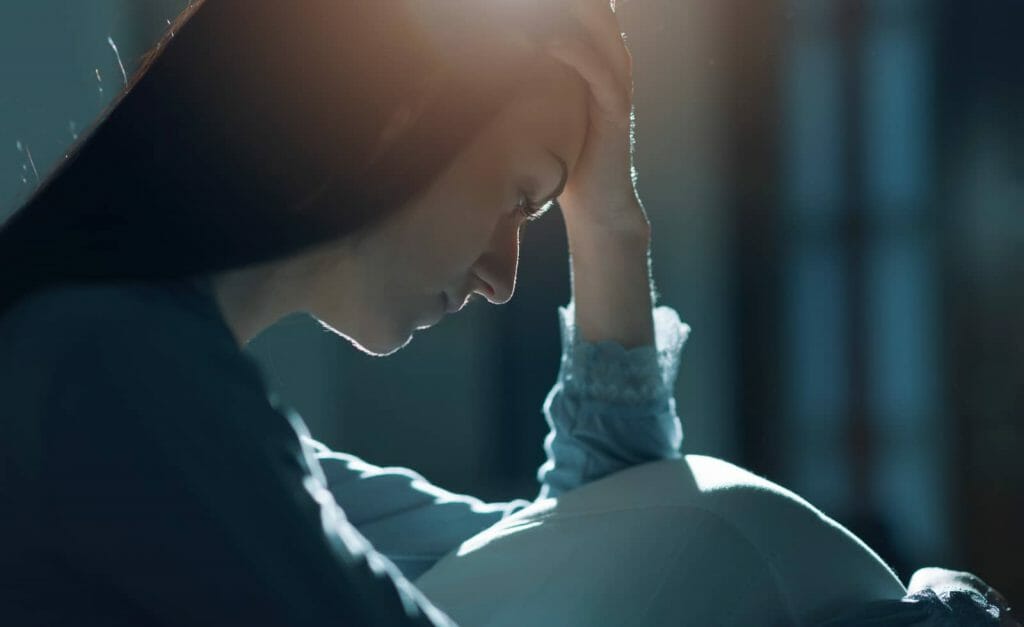Breakthrough research claiming that the supplementation of vitamin B3 in pregnant women could prevent miscarriages and birth defects was released from the Victor Chang Institute this week. The study was well constructed and the results have been very promising, however, the research is yet to be proven to be beneficial for humans.
The recommended daily allowance of Vitamin B3 or niacin is between 17-18mg/day for women who are pregnant, planning to be pregnant or breastfeeding. It is found in means, green vegetables and legumes as well as Vegemite.
If taking antenatal supplements, check carefully to ensure it covers the recommended daily needs if you are not receiving it from the foods in your diet.

Remember the famous saying in medicine “the difference between a medicine and a poison is the dose”. Therefore, the maximum recommended upper oral intake of niacin (B3) is 35mg/day.
Although the studies have been successfully completed in mice, human trials are now expected to be conducted over the next couple of years. The aim of the human trails will be to find a test that will identify women at risk and to provide a safe dosage of niacin required.
If you have any enquiries, please contact our clinic and speak to one of our nursing staff about our treatment options.



